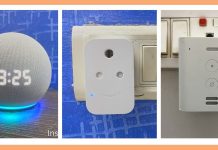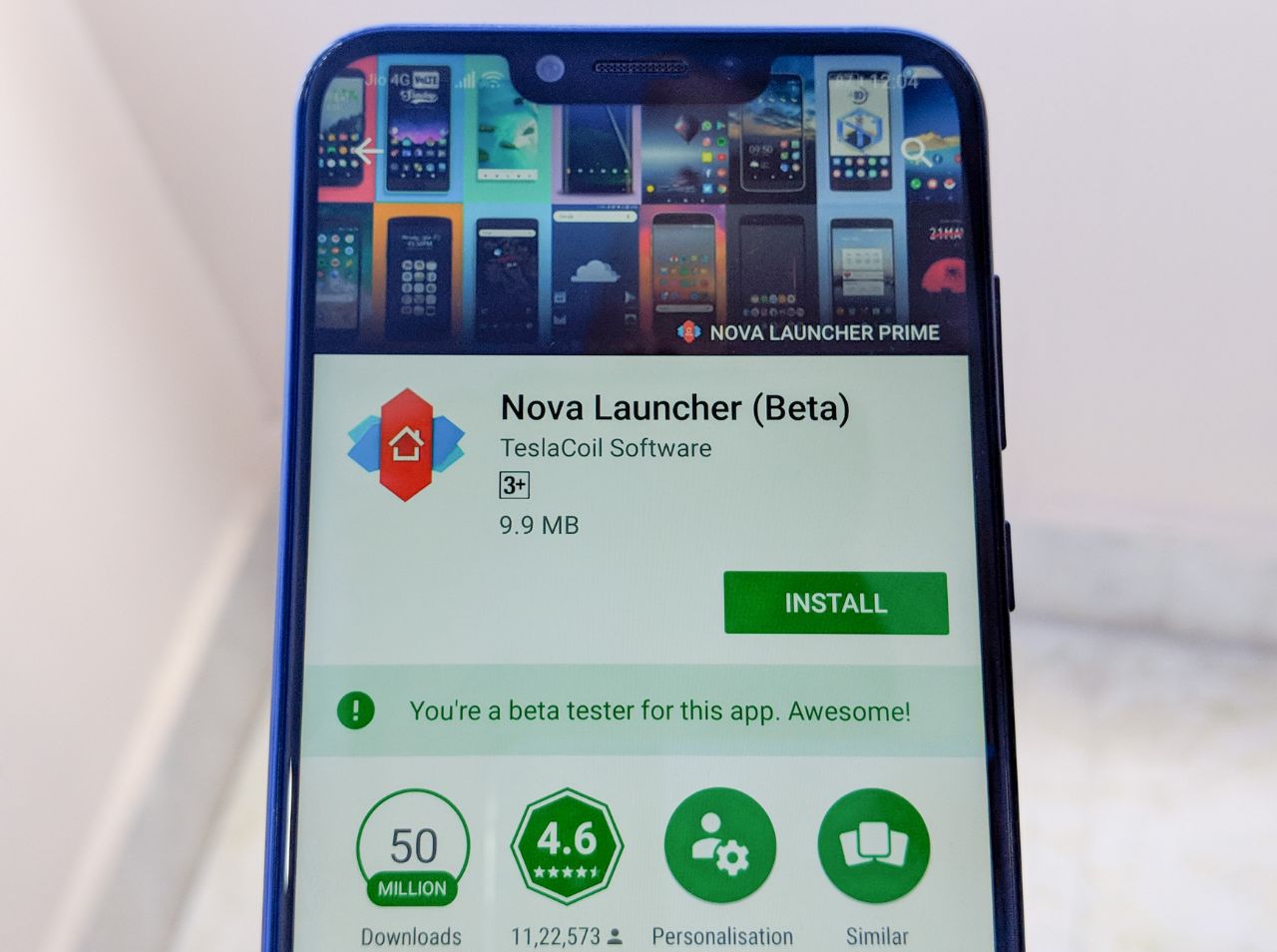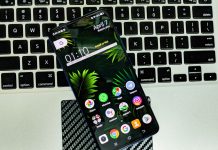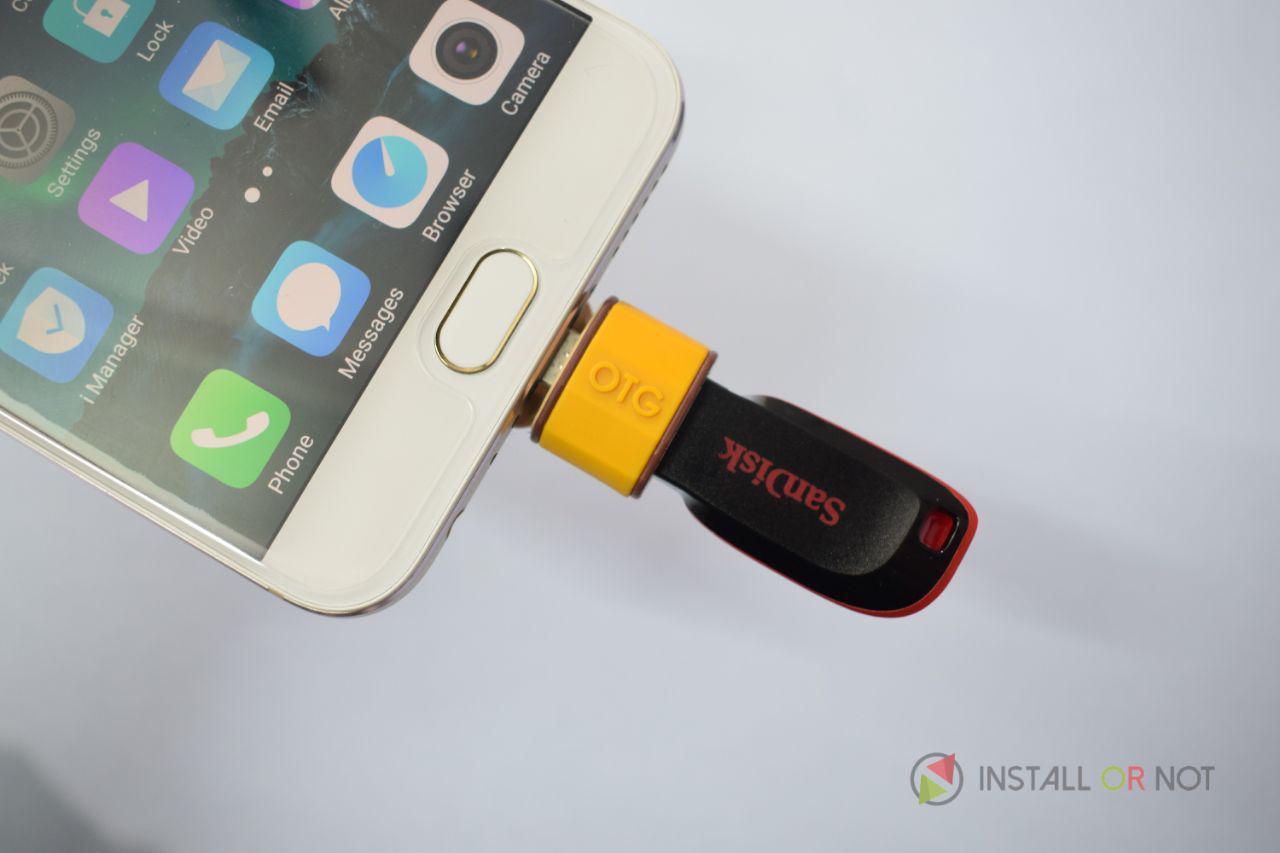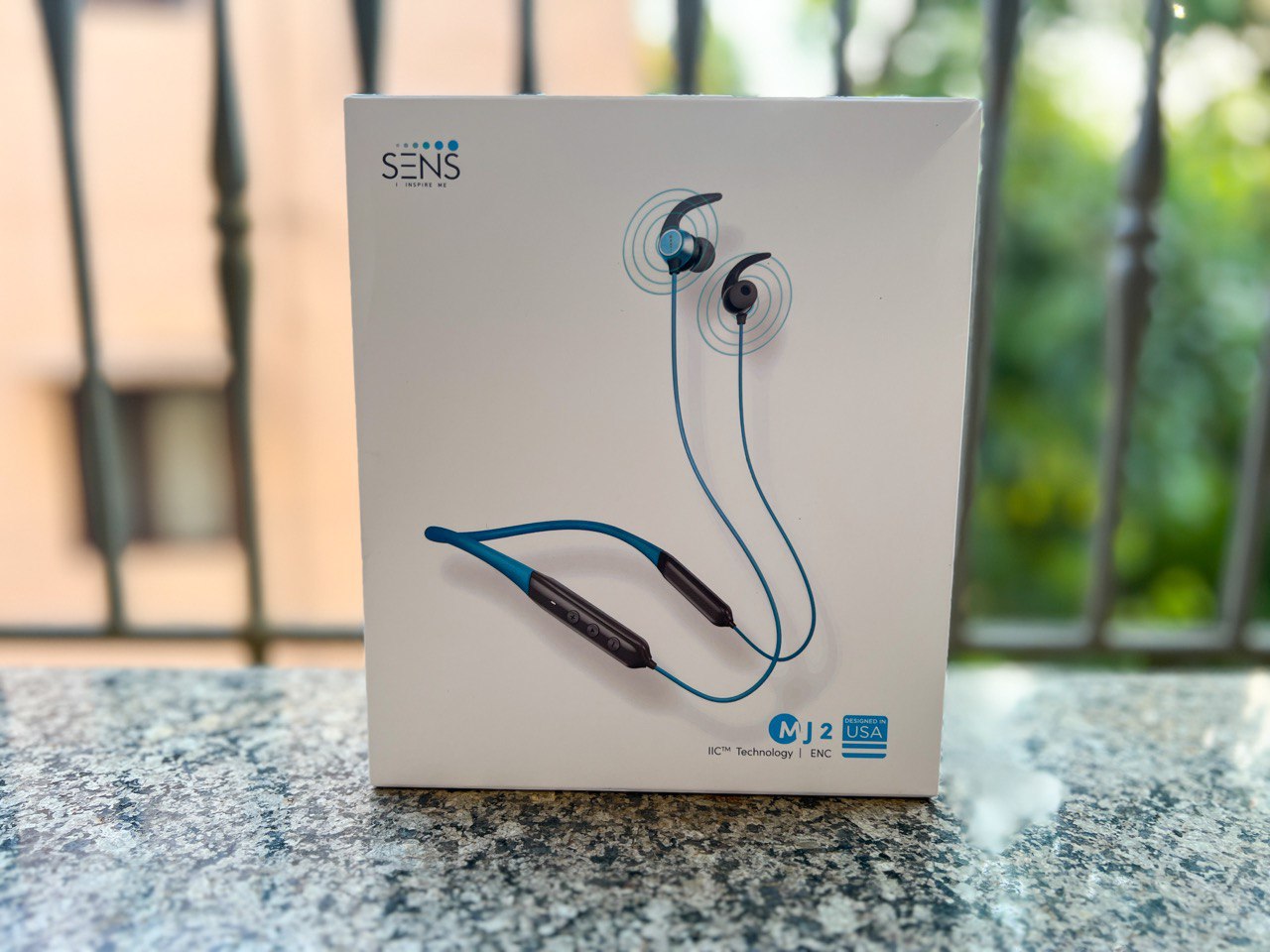I have not been this excited about a product from Nokia in many years. When I heard about Nokia introducing a Symbian phone with a 41 MP camera at this year’s MWC, it was shocking, and I read the post more than three times to sink it in. Yes, Nokia has indeed come out with a state of the art camera phone, the only thing wrong with it is everything other than the camera. I got a chance to use the Pureview 808 yesterday, and these are my first impressions.
Lets talk about the Nokia Pureview 808 Camera
Yes, I was really blown away by the camera. It had everything from great quality, to speed and clarity. The quality of the picture taken is not even comparable to the pictures taken by my Galaxy Nexus. The Nokia Pureview uses a High resolution sensor with an active area of 7728 x 5368 pixels. It uses 7728 x 4354 pixels for 16:9 images/videos and 7152 x 5368 pixels for 4:3 images/videos. The camera module consists of 5 lenses inside stacked on top of each other, and Nokia says that there will be no technology in the future which can reduce the size of the module than the technology they have used, I kind of agree with them over there. Not only the thickness of the camera module is huge, the Carl Zeiss lens is bigger than any other mobile camera lenses out there.
Nokia has integrated loads of features into their camera software on the device which can be used by both amature photographers and even the professional ones. There are three separate modes from automatic, scenes (Which gives DSLR type manual customization) and Creative mode which allows complete manual customization which is really great for professional photographers.
The great thing about this camera is that the shutter speed is really fast, and it does not compromise the beautiful quality of these pictures. The camera technician working with Nokia present at the meet said that there is only a lag of about 0.0.9 seconds before taking another picture which is quite impressive, and I am sure that the Pureview technology needs a very good processor to process these many pixels into a single super pixel so quickly.
Nokia has also introduced many new technologies to the software like automatic red eye reduction while zooming into a picture, new zooming feature, noise reduction even in low light condition. When you take a picture of a person in the dark from a normal phone then some places like the eyes become black and can’t be seen properly, but Nokia’s new face recognition understands it’s a person and takes the picture with every detail, even while wearing glasses.
The new zoom technology used by Nokia allows the user to select the area to zoom first and then zoom into that particular area, I was a bit uncomfortable using this type of zoom as I prefer pinch to zoom over this technology, but many people might love this type of zooming too. Another level of beautiful engineering we can see in the camera is the noise reduction. When you grab a picture in low light conditions, the picture turns out to be very grainy in a normal camera phone, but the Pureview has a great noise reduction technology and the grains are almost non-existent during low light photography. There is no noise at all when taking a picture in a well lit place.
The Pureview 808’s camera is really useful when you need to take a picture and make into a poster. Nokia guys had many posters on display with pictures taken from the Pureview camera, and these pictures were looking very lively with every single detail. I wonder how many posters will you print? You need a big printer for that, so I guess this is of no use for the normal consumers, but that is just my view, it’s upto you to decide.
Video recording
The video quality is as good as the image quality. What I found really amazing is the sounds quality which was really great. There was no kind of disturbance due to some high pitch sounds. It’s really a treat to take great video with this device.
What is Pixel oversampling?
When I first heard Pixel oversampling, I thought Nokia was making a fool out of the consumers, but I had to really use the device and take a picture to understand what it really meant. Pixel oversampling basically means it combines many pixels, processes it and gives a single super pixel. So a single super pixel has complete detail, so when you zoom a picture the quality and detail of the picture remains the same and does not deteriorate. It’s a bit complicated too explain it, you will have to use the device to experience it. Pixel oversampling is also the reason for reducing the noise and indirectly reduce the grain in pictures.
In one sentence, the camera of Pureview 808 is totally unique and completely spectacular.
Usually when we go to a reviewer’s meet for a mobile phone, the complete feature set of the phone is showed, including the Mobile O.S capabilities, basic calling and messaging features, improvements, connectivity to the internet, etc. But in this meet all Nokia focused on was their state of the art camera, and something about a new feature in the maps (which they almost forgot in the end).
Build
When I first held the device, besides appreciating the build quality, I felt that it was way too heavy. Of course the heavy optics, sensors, and lens add to the weight, but it is too bulky for a phone, and another bump near the camera area where the lens is, looks a bit weird and bulges out. The shape of the device is not at all comfortable to hold. It would be really difficult to move around with this device in your pocket.
The device has a clean matte finish all around and plastic buttons below the display. The build quality is extremely good; it almost feels like holding the HTC One X, except for the fact that the Pureview is much thicker and heavier. Once you remove the back cover and the battery you can see two slots side by side, one for the SIM card and the other for microSD card.
Other features
I would say that the Camera is the only feature which is great on this device, one of the features which comes bundled with the device is the picture editing, where you can crop and share your image direct form the gallery. Another featured which interested me was the gallery view when you connect the device using HDMI, the phone UI changes to a navigation key where you can select pictures or scroll seamlessly, so that you can look at your T.V and use the phone to navigate through your pictures and videos.
Another feature I liked was that Nokia uses Dolby Digital and has some Dolby Digital customizations for your headphones too. The sound output quality is really amazing, the only problem is small sounds like people speaking cannot be heard properly when there is some loud bass or more effective sound in the background.
Maps
A new version of the maps was introduced which nicely integrates with your picture gallery. It now shows the pictures you have taken in the maps so that you can check which all pictures you had taken and where exactly you took it, this concept is something like HTC’s Footprint, which comes Bundled with HTC Sense devices.
Release and Pricing
Nokia is looking to release the Pureview 808 sometime in May worldwide, and as India is a huge market for them, they will be launching during the same time over here. Nokia is treating the Pureview 808 as a premium device and will be pricing it within 30,000 to 40,000 Rs ($580 – $775) easily. According to me that will be a huge price, and the Target group will automatically reduce. Though I don’t agree with the pricing, I am pretty sure this device will be a hit in the market just because of the 41 MP banner.
Device Specification:
- 4″ AMOLED display with Gorilla Glass (360 x 640 P)
- 169 g (weight)
- 16 GB internal memory (Expandable upto 32 GB)
- 1 GB ROM, 512 MB RAM
- 1.3 GHz ARM 11 chipset
- Symbian Belle O.S
- 1400 mAh battery
Conclusion
The Nokia Pureview 808 is not a great phone, it is a great camera which has the feature of making phone calls and texting and all the other features of a smartphone. What excites me more than this device is the Pureview technology, Nokia has said that as they understood with the N8, people love taking pictures from their phones, hence instead just concentrating on just one single device, they have concentrated on an ecosystem and have come out with a high end imaging technology which they have named Pureview. Yes, we will be seeing Pureview Windows phones in the future, maybe Q1 2013, not before that.
When we asked Nokia why they had chosen Symbian over Windows Phone, they said that they were working on this project for a really long time, even before they struck a partnership with Microsoft to use Windows Phone OS.
The minimum specs required to run Pureview technology would be technically a dual core processor, the Pureview 808 has a 1.3 GHz ARM 11 chip inside but it also has a companion processor which has the GPU embedded inside. This companion processor is something which Nokia wants to keep a secret. They have not even mentioned the manufacturer or the technology used.
If you ask me, Nokia should start licensing the Pureview Technology to other manufacturers and regain the money they have lost to get something positive out of it. I am sure, however, that this view will just remain in my imagination and will never happen. But once Windows 8 is out and Pureview technology is coupled with Windows 8 and Nokia figures out a way to slim down the device, they will have their breakthrough product. I am not really excited by this Pureview 808 basically because of the Symbian O.S.
A normal consumer would like a smartphone which excels in all the feature set rather than excelling in only the imaging department. The Nokia 808 would sell well as the Nokia N8 users, early adopters, and camera lovers would pounce on it like hot cakes. But I would say, wait for some time, wait for the device which can do everything from a great camera to great multi-tasking, etc. Wait for the Windows 8 Pureview. Wouldn’t that be the right thing to do? It’s upon you to decide.














